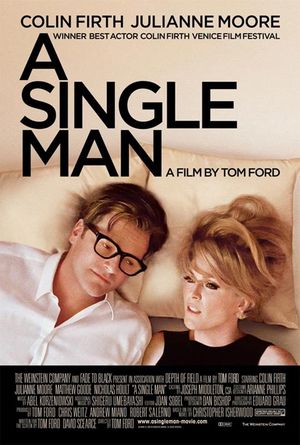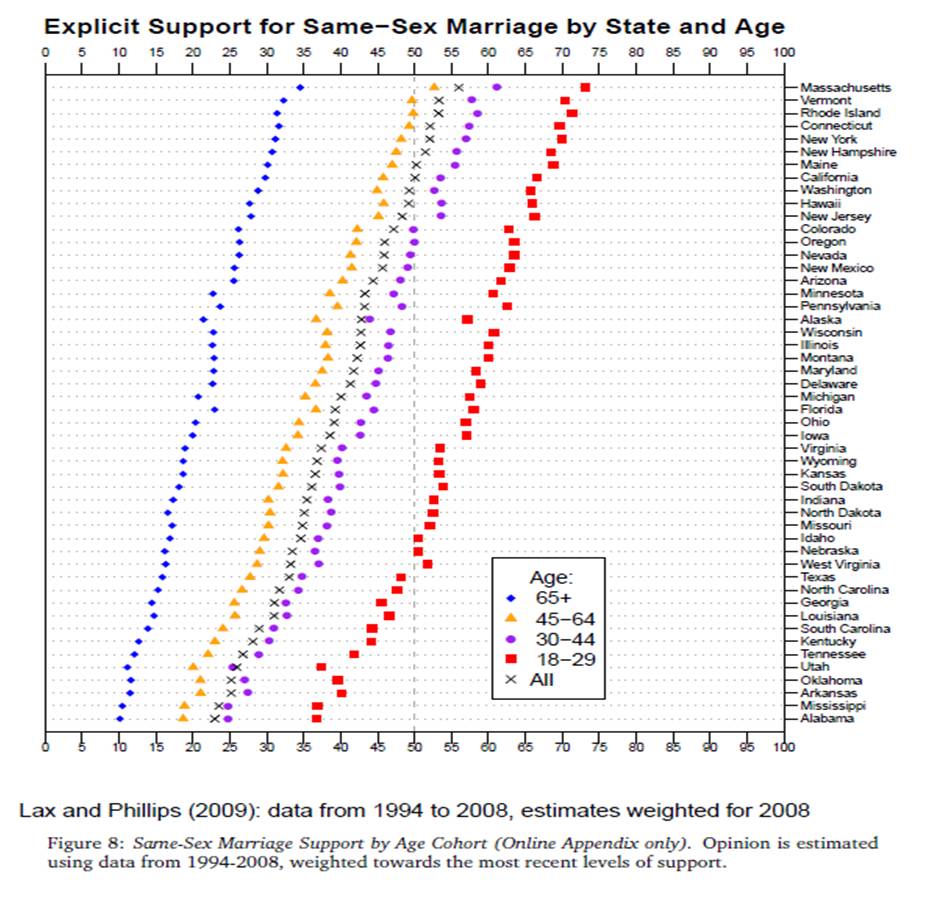Elizabeth T., my awesome former student, asked us to write about Taylor Lautner’s Rolling Stone cover.
Of course, everyone’s been talking about It’s either “oh he’s so hot!” or “he’s just seventeen! child pornography!” But what I think is hilarious is the fact that they had to have him posing with a football.
You see, in this photograph, Lautner is a sex object. And, as I’ve written before, a “sexual object is to be presented as passive, consumable, inert (remember, only one person gets “fucked”).” And who does the fucking? Men. Real men. And who gets fucked? Women and womanly men (you might know them as “fags”).
So Lautner, by virtue of being objectified, threatens to also be seen as gay:
Apparently they’d rather break one of the golden rules of photography (don’t have anything coming out of the subject’s head), than allow Lautner’s sexual objectification call his sexuality into question.
Yes, yes we get it. Lautner is a guy’s guy. I mean, wait a second, he’s a girl’s guy. Wait! I mean he likes dudes! No, not that way! In a bros before hos way. He likes dudes best, unless it’s for sex, then he likes girls! He likes girls! Even though he’s all sexy and wet and objectified, he’s not a fag okay! We swear! Look! THERE’S A FOOTBAAAAAALLLLLLL!
Lisa Wade, PhD is an Associate Professor at Tulane University. She is the author of American Hookup, a book about college sexual culture; a textbook about gender; and a forthcoming introductory text: Terrible Magnificent Sociology. You can follow her on Twitter and Instagram.









